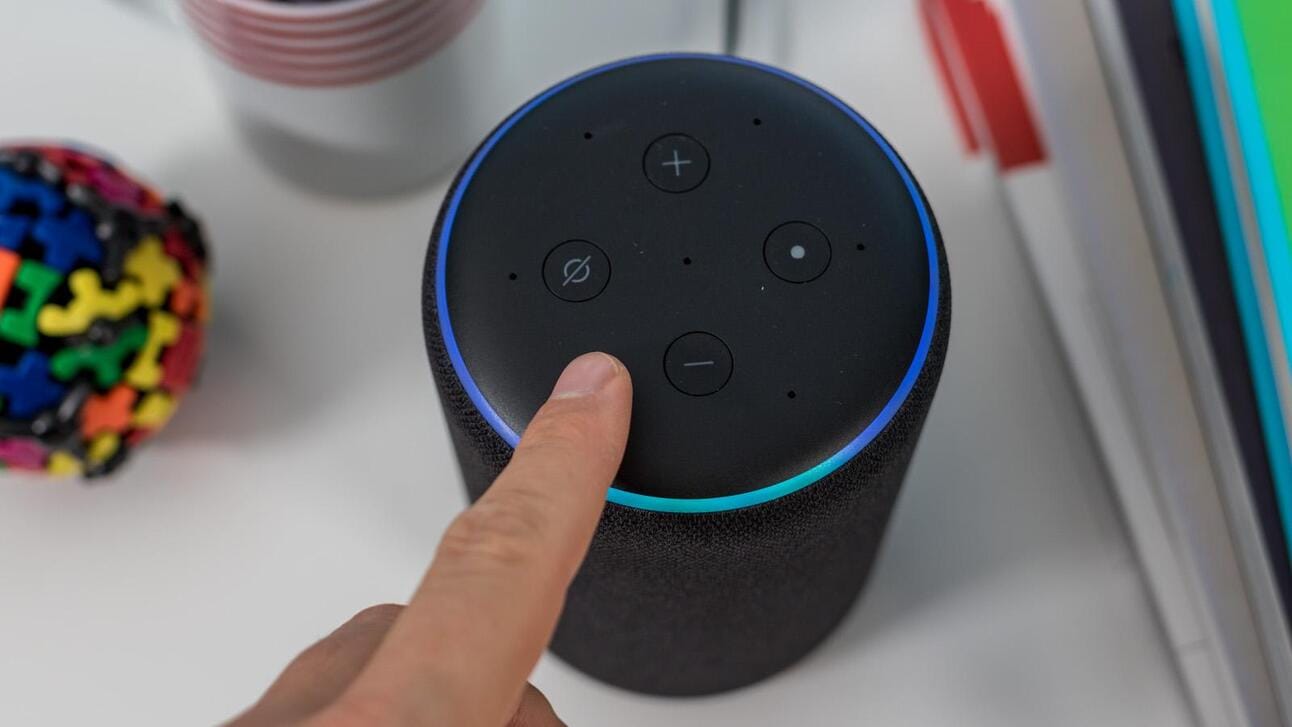Voice assistants are more than timers and speakers? Who knew?
Alexa, Google assistant, Siri, Cortana - most of us have access to at least one. But, does anyone actually use them? Apparently the answer is emphatically, yes. In fact, there were 4.1 billion voice assistants in use in 2020, and that number is growing.
The technology used for voice assistants can be dated back to the 1960’s, but they only really became mainstream when Apple launched Siri in 2011, followed by versions from Amazon, Microsoft and Google, to name a few. However, since then, there has been a real lack of innovation in the space. Once the initial novelty wears off, there are not many use case other than using them as dinner timers, speakers and helping type out messages.
This week, Amazon revealed the all-new Alexa at its annual hardware event. It will be powered by a new Alexa LLM that will supposedly improve Alexa’s ability to have conversations and complete multiple actions from one command. This has once again sparked excitement in the space and people are finally beginning to think that voice assistants can realise their potential.
Voice Assistants have transformed lives
Even though voice assistants and voice technology hasn’t evolved as quickly as many would have hoped, it is important to recognise the impact it has had on many lives. The technology has been revolutionary in making communication easier for those with impairments.
This tech has helped people who have visual impairments by describing text and images and gives people who can’t speak or have difficulting speaking a voice, among many other use cases. This use of the tech is both inspiring and underscores the need for ongoing innovation in the field. If the tech can be improved, who knows how many more lives it can impact.
What is the potential for voice assistants (and voice tech in general)?
Well, I think the clue is in the name. One of the big hopes for voice assistants is that they can actually become an assistant or ‘PA’. This could be both in a personal context and work context.
At work: Somebody could task their VA with managing their schedule, setting meetings, replying to emails, creating meeting agenda’s, the list goes on.
At home: A VA could be used to schedule busy home life - such who drops the kids to school on what day, what time you need to leave the house to be there on time, deciding on what to cook for dinner based on what everyone in your family likes, etc.
This represents the untapped potential of voice assistants. While it remains a vision for the future, the rapid advancements in AI beg the question: Are we on the verge of a groundbreaking leap forward in voice technology, akin to its rise in the early 2010s?
What else is going on in the world of tech?
The news stories this week serve as a stark reminder of the growing influence tech companies wield in our lives. These entities often carry a significant responsibility to society and can no longer be viewed solely as profit-driven enterprises.
“Man drives off bridge...using Google Maps.” The family of Philip Paxon, who tragically died in the accident, is suing the tech giant for negligence. The lawsuit claims that Google were informed about the collapse but failed to update their system.
Always wanted to put a computer chip in your head? Well, you’re in luck! Elon Musk’s biotech startup, Neuralink has been given FDA approval to start human trials. Those with spinal cord injuries will be the first to qualify for the kind of frightening but potentially life changing trials.
The UK government is putting pressure on Meta to reconsider their plans to roll out end-to-end encryption on Instagram and Messenger due to fears of children being put at risk of being targeted by predators online. Shockingly, 800 predators a month are arrested by UK law enforcement following information being provided to them by social media companies.
Weekly Shoutout’s
Newsletters – Superhuman. Superhuman is one of the best AI newsletters out there. And over 400,000 subscribers agree with us...
Books – “Bad Blood: Secrets and Lies in a Silicon Valley Startup.” Written by John Carreyrou, this book tells the story of Elizabeth Holmes and her biotech startup, Theranos. Possibly the best book I have read.
TV – “Live to 100: Secrets of the Blue Zones.”This documentary explores five regions around the world where people enjoy longer lifespans, offering intriguing insights into the secrets of longevity.
Thanks for reading the Tech Society!
The Tech Society is a bi-weekly newsletter delivered to you inbox every Monday and Friday. It covers the latest developments in technology and its influence on society or in-fact society’s influence on tech!
If you like the newsletter, please share with you network!
If you don’t, please share with your network!
(Just joking)
But please send some feedback to [email protected], We’re always looking to improve, so any feedback is welcome.

